Prof. Lap-Chee Tsui Appointed as Inaugural Dean of Residential College on International Campus
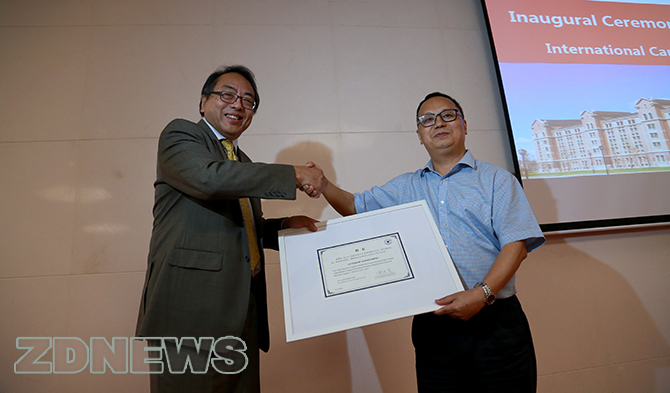
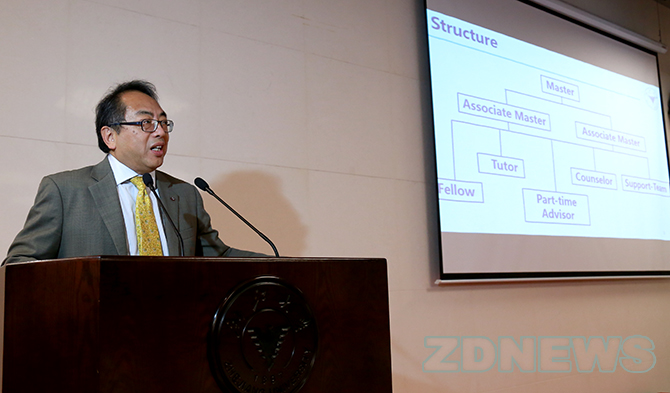
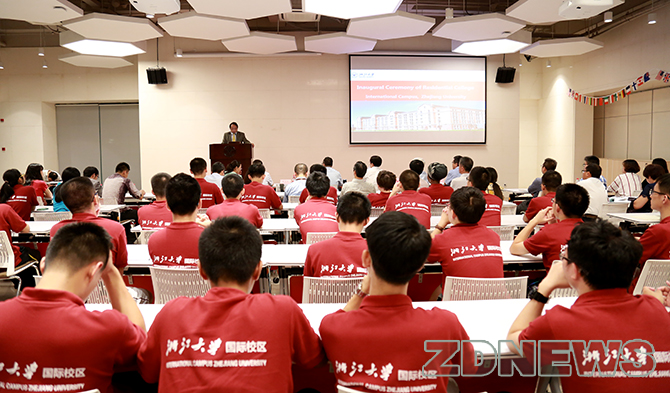
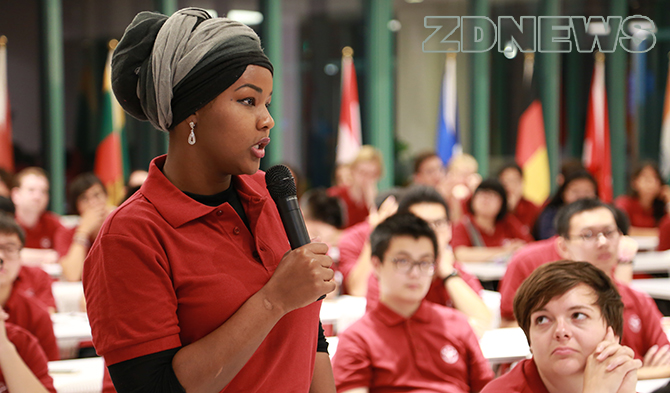
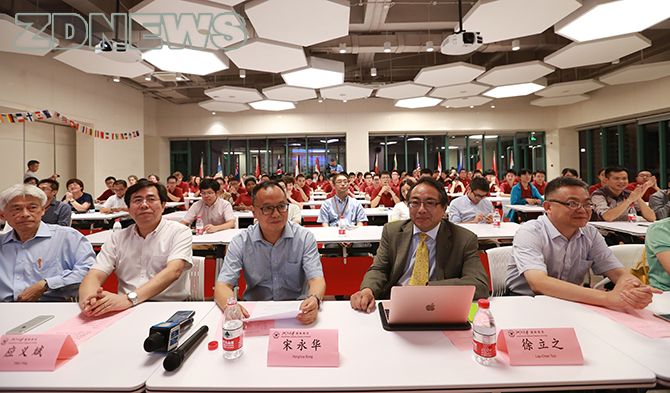
Prof. Lap-Chee Tsui was appointed as Dean of the Residential College on International Campus of Zhejiang University on September 17.
The residential college system on International Campus is one of the key approaches to keeping pace with world-class universities. As a place where students and faculty alike live and study, the residential college is committed to providing students with multi-dimensional education as well as ample communication and practice opportunities. It offers a comfortable environment for faculty-student interaction and creates a favorable condition for students’ self-management. It inspires students to explore their college life, cultivate wholesome character and pursue excellence.
Prof. Tsui is a world-renowned scholar and educator. He was President of Human Genome Organisation from 2000 to 2002 and assumed office as Vice Chancellor of the University of Hong Kong from 2002 to 2014. He is well-equipped with experience in teaching, research and management. He has served as President of Qiushi Academy for Advanced Studies, Zhejiang University, as of January 2016.
Prof. Tsui delivered his first speech as Dean of the Residential College. He explained the orientation of the residential college and the notion of education in three facets. First, what is holistic education? Second, what role does the residential college play in education? Third, what promise should students make in the coming 4 years? Prof. Tsui also shared with students his rich experience, the development of residential colleges at the University of Hong Kong and the goal of residential colleges in cultivating students. In terms of the residential college system, Prof. Tsui expressed his unique opinion. He stressed that the residential college aimed at offering students a wide spectrum of learning opportunities. He pointed out that students should develop right values, cultivate correct personal and professional ethics, and foster introspective and considerate traits, in particular cross-cultural understanding and global citizenship.
Prof. Tsui said that the residential college would provide helpful guidance, constructive academic advice and considerable internship opportunities and that it would also encourage students to live independently and spontaneously so as to help them live up to their full potential, nurture critical and independent thinking and possess high-standard morality.